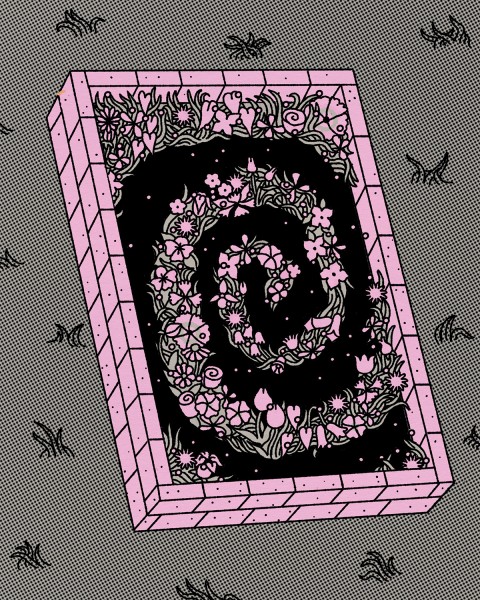Emotional communism
More than ever, we need the common life we can create for each other, a shared life for the benefit of all.

Illustration by Claire Merchlinsky
My church’s order of worship includes a time to ask for prayer. During a service several months ago, as people passed the microphone from row to row for congregants to make their requests, I decided to raise my hand for a turn to share. I’d been suffering from a health condition that baffled doctors. I spoke up to ask my community to pray for me. There, as part of our worship, my community held my concerns in their prayers, entrusting my well-being into God’s care.
We need each other. We need the God who shows up when we share our lives, when we open ourselves to the Spirit’s care made available in our communal life. “Christ is present to us in so far as we are present to each other,” writes the Dominican theologian Herbert McCabe.
Sarah Jaffe has been reporting on our increasing isolation from each other, our collective experience of deprivation from friendships, from mutual care. We can’t survive without others, yet the forms of community that foster those relationships disintegrate all too easily. Friendships take a lot of work to maintain. We busy ourselves with careers and household demands. Political and cultural disagreements strain family relations, which has been especially the case with the election, again, of Donald Trump. “We need human relationships that extend beyond the romantic or the transactional,” Jaffe writes in Work Won’t Love You Back. Yet “when our relationships fall apart, we still blame ourselves, rather than looking to all the social, institutional pressures that made it nearly impossible to continue them.”





